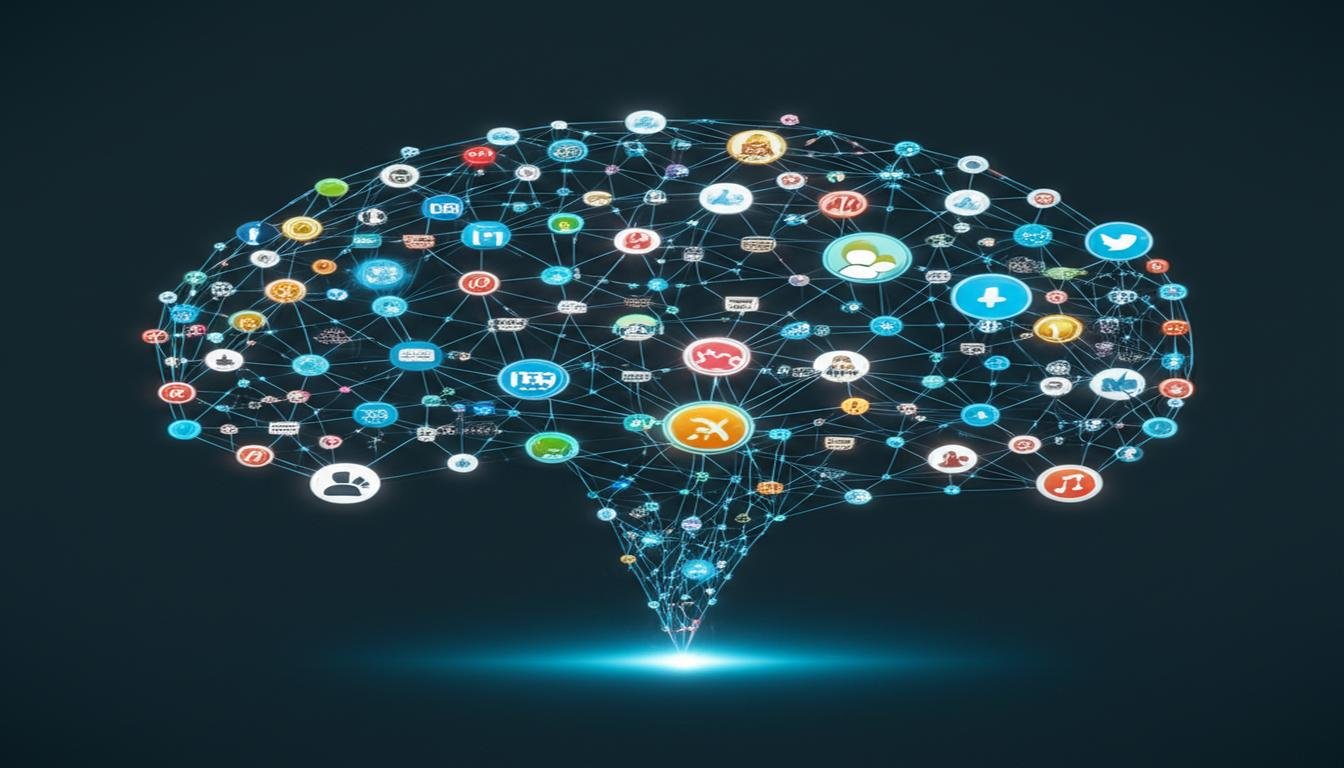The Secret AI Black Market You Weren’t Supposed to Know About
We hear a lot about Artificial Intelligence these days, right? Chatbots writing poems, self-driving cars, smart assistants telling us the weather. It all sounds pretty futuristic and mostly, well, good. But what if I told you there’s a whole other side to AI? A shadow world, hidden from plain sight, where cutting-edge AI tools are bought and sold for purposes that would make your stomach churn. Believe it or not, the “AI black market” isn’t just a plot device from a sci-fi movie. It’s real, and it’s thriving.
You might be wondering, what exactly *is* this underground network? Think of it like a dark alley version of the internet, only instead of dodgy goods, it’s about powerful AI capabilities being leveraged for things that are far from legal or ethical. This isn’t your everyday search engine result; it’s a deep dive into the digital underworld where privacy is a myth and bad actors are always looking for an edge.
The Digital Shadows Where AI Thrives
Accessing this hidden market often means venturing into the dark web, encrypted messaging apps, and private forums. These are places designed for anonymity, making it incredibly hard for law enforcement to track who’s doing what. People flock here for various reasons, but they all share one thing: they want to exploit AI’s power without any rules or consequences.
It’s not just about selling stolen credit card numbers anymore. The new currency is AI-powered tools that can supercharge existing crimes or even invent new ones. From highly sophisticated surveillance tech to advanced fraud schemes, this is where innovation meets illicit activity head-on.
What Kind of “Services” Are We Talking About?
When we talk about services offered in this secret AI black market, it’s not always about a physical product. Often, it’s about renting access to powerful algorithms, buying datasets, or paying for AI-driven “tasks.” Here’s a glimpse into some of the unsettling offerings:
- Deepfake Generation: Imagine seeing or hearing a video of a famous person saying something they never did, or a loved one asking for money in a crisis. AI-powered deepfake services can create incredibly realistic fake audio and video, perfect for scams, blackmail, or spreading misinformation.
- Automated Hacking Tools: Forget manual hacking. Some AI tools can autonomously scan for vulnerabilities, craft sophisticated phishing emails, or even penetrate complex network defenses with frightening speed and precision.
- Data Scraping & Sale: AI is used to tirelessly scour the internet, or even hack into databases, to collect massive amounts of personal information – social security numbers, medical records, financial details – which are then bundled and sold to other criminals.
- AI for Targeted Fraud: This involves using AI to analyze massive datasets to identify perfect targets for scams, predict their vulnerabilities, and even personalize phishing attempts to maximize success.
- Bypassing Security: From AI that can solve tricky CAPTCHAs to algorithms designed to fool facial recognition systems, these tools aim to circumvent the very security measures designed to protect us.
A Chilling Example: The “Synthetic Scammer”
Think about this: Your phone rings. It’s your mom’s voice, frantic. She says she’s in trouble, needs money wired immediately, and begs you not to tell anyone. You hear the panic in her voice, the little inflections you know so well. You quickly send the money.
Except, it wasn’t your mom. It was a synthetic voice, perfectly replicated by AI from a brief audio clip stolen online, used by a scammer who bought the service on the black market. The details she gave about “her” situation were pulled from publicly available information, or perhaps even a recent data breach. This isn’t just a hypothetical scenario; it’s happening, eroding trust and causing real financial devastation to unsuspecting people.
Why Should YOU Care About This Underground AI?
This isn’t just some fringe activity that won’t affect you. The tentacles of the AI black market stretch further than you might think. Your personal data could be compromised, your identity stolen, or you could become the target of a scam that’s virtually impossible to detect. It fuels cybercrime, spreads misinformation, and makes the digital world a less safe place for everyone.
The Ethical Minefield
Beyond the immediate threats, there’s a huge ethical dilemma brewing. When powerful AI tools are put into the hands of those with malicious intent, the line between right and wrong blurs significantly. Who is responsible when an AI system commits a crime? How do we regulate something that exists in encrypted networks, often across international borders?
These aren’t easy questions, and the answers are still being debated. But one thing is clear: ignoring this hidden side of AI is no longer an option.
Staying Safe in a Shifting Digital Landscape
So, what can an average person do to protect themselves against these unseen threats? While governments and cybersecurity experts battle these black markets on a larger scale, there are practical steps you can take:
- Be Skeptical: Always verify urgent requests for money or personal information, even if they seem to come from a trusted source. If someone calls claiming to be a family member in distress, hang up and call them back on a number you know is theirs.
- Use Strong, Unique Passwords: A basic step, but crucial. Never reuse passwords across different accounts.
- Enable Two-Factor Authentication (2FA): This adds an extra layer of security, making it much harder for hackers to access your accounts even if they have your password.
- Keep Software Updated: Software updates often include critical security patches that protect against new vulnerabilities exploited by black market tools.
- Educate Yourself: Stay informed about common scams and emerging threats. Knowledge is your best defense.
The secret AI black market is a stark reminder that technology, while powerful, is a double-edged sword. It’s a hidden danger in our increasingly digital lives. By understanding its existence and taking proactive steps to protect ourselves, we can hopefully make it a little harder for those operating in the shadows to succeed. Stay vigilant, stay informed, and always question what you see and hear online.









